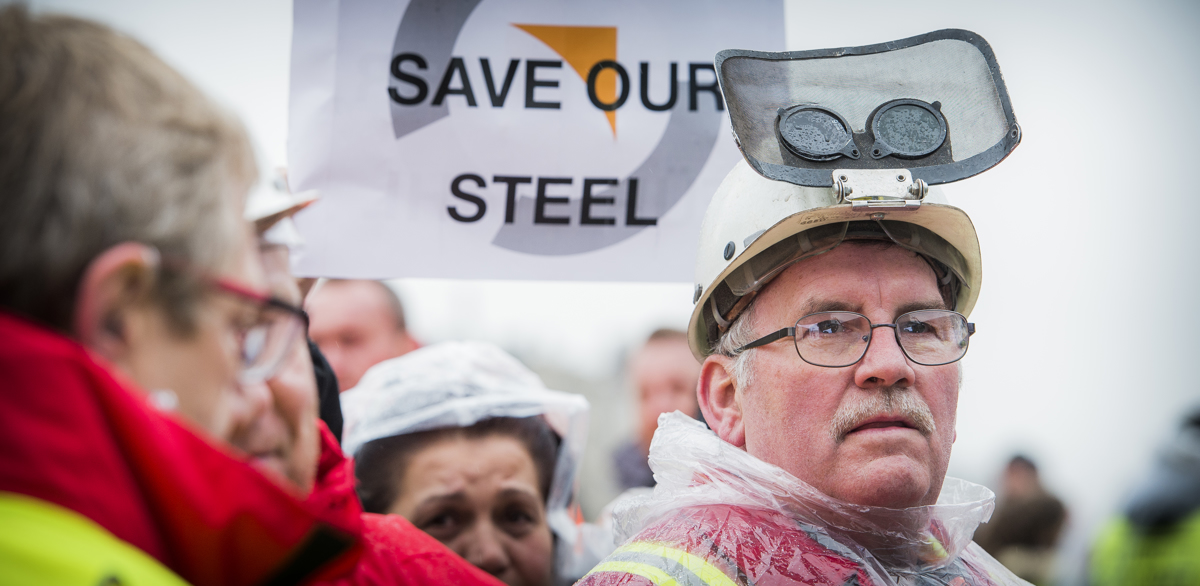Colunga, who worked in the steel sector for over 40 years, became the first trade unionist to address the OECD’s Global Forum on Steel Excess Capacity in Paris.
He addressed how European industry should take a socially responsible approach to restructuring when necessary through formal dialogue with trade unions which respects the rights of workers to information, consultation and participation in decisions.
But he also challenged governments to prevent those worst-case scenarios by creating global standards which stop workers in European companies, who do not contribute to global overcapacity and are delivering on ambitious decarbonisation targets, losing out because some countries with low environmental and labour standards continue to overproduce subsidised products and dump them on our market.
industriAll Europe Deputy General Secretary Luis Colunga said:
“European workers continue to suffer due to global inaction and we call for all countries to step up their efforts to tackle global issues such as overcapacity and carbon emissions.
“We must end the abuse of millions of dollars of state aid which results in overcapacity; We must stop the dumping of cheap steel produced at low prices due to government intervention; And above all we must end the race to the bottom when it comes to workers’ rights and pay."
Global crude steel production grew by 4.8% in 2018 despite consumption falling, according to the OECD.
In the latest example of steel dumping, industriAll Europe wrote to EU Trade Commissioner Cecilia Malmström last week concerning the 18.2% increase in imports from Indonesia in the second half of 2018 alone.
industriAll Europe is working on a new EU Steel Action Plan to demand a fair global playing field for the sector.
“European workers must not suffer due to increased industrial costs to tackle climate change while other countries simply stand and watch,” added Colunga.
“European workers will no longer suffer adjustments because other countries don’t act. There is much work to be done to ensure that all steel- producing countries play by the rules and workers are at the heart of steel production.”
